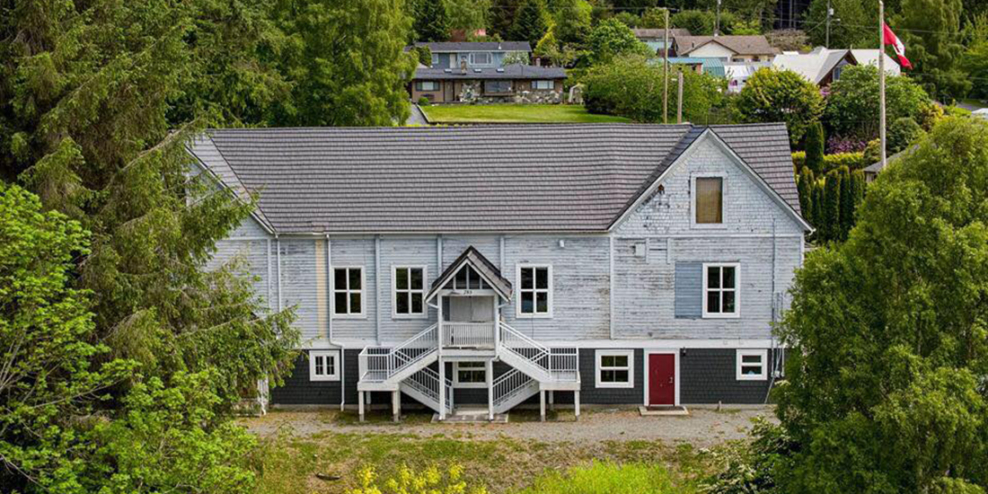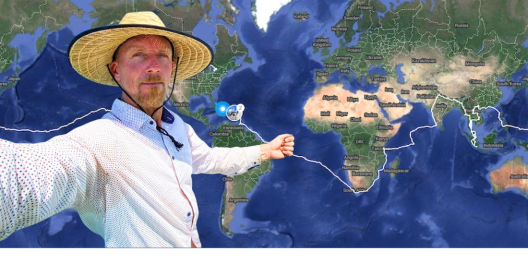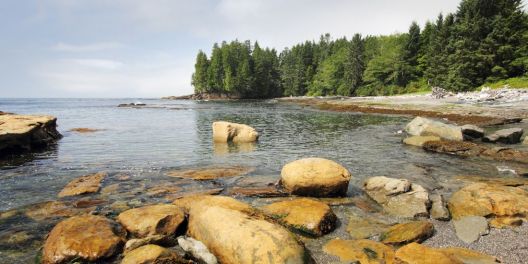Mount Waddington has been tracking the district’s greenhouse gas emissions for 11 years now. Originally the district measured the gasses as part of the province’s Climate Action Revenue Incentive Program, or CARIP. That program is finished, but the district has kept up its own monitoring.
Greenhouse gas emissions come from the energy we use in the district. Monitoring emissions means the district can track how much energy it’s using and how much money they’re spending on it.
And it looks like the monitoring is helping the district save money and cut some emissions.
According to Greg Fletcher, the Chief Administrative Officer for the Regional District of Mount Waddington, the district saved more than $100,000 last year by conserving energy.
The district cut its energy by 1% last year. But its greenhouse gasses went up by 6%. That might sound like bad news, but the community has grown. And the district used more propane to heat recreational buildings on Malcolm Island. Without the energy conservation efforts, energy use and emissions would have been higher.
Keeping track of emissions also means the district qualifies for more grants from the province.
“A lot of the grant-funded projects that we get require climate plans, so we’ll keep doing it on our own,” Fletcher said at the board meeting on March 15th.
At that same meeting, Port Hardy Mayor Dennis Dugas wanted to know if the district could sell carbon credits. A carbon credit is a permit that allows a company to release emissions in exchange for payments to a community or other organization that is reducing or absorbing greenhouse gasses. Communities like Mount Waddington that have lots of forest can absorb greenhouse gases and sell credits.
Fletcher said the district could do something like that, but it would need to use a more standard measuring system.
That said, a rough estimate says Mount Waddington could sell carbon credits for about $80,000 a year. Lowering emissions and protecting forests could actually make money for the district.
So the district might not have to keep track of its energy use and greenhouse gasses. But doing so is helping to save money and keep more polluting gasses from getting into the atmosphere.
And that makes for a brighter future for all of us.









